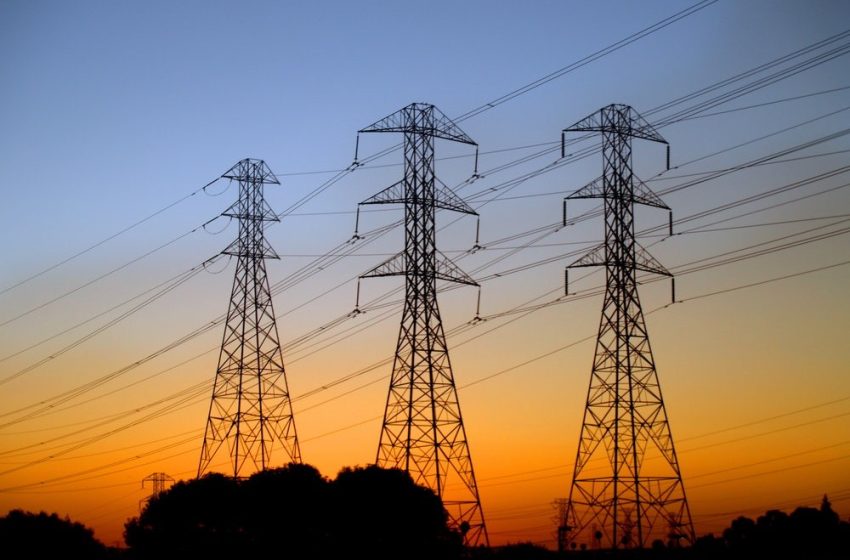Iraq to complete electrical interconnection with Kuwait in late 2024

Electricity transmission towers. Photo: Tehran Times
Baghdad (IraqiNews.com) – The Iraqi Minister of Electricity, Ziyad Ali Fadel, said that Baghdad will complete the electrical interconnection with Kuwait by the end of 2024.
In an effort to lessen its reliance on Iran for the majority of its energy needs, Iraq will soon begin receiving 500 megawatts of power.
According to Fadel, 45 percent of the electrical interconnection with Kuwait is now finished.
The Iraqi Electricity Minister noted that Iraq has finished connecting to Jordan electrically and that Baghdad just has to authorize funding to start transmitting 50 megawatts of energy at first.
Currently, Iraq imports from Iran between 30 and 40 percent of its gas and electricity requirements, but it still has frequent power outages, particularly during the summer when temperatures rise to 50 degrees Celsius (122 degrees Fahrenheit) and energy demand peaks.
Iraq, the second-largest oil producer in the Organization of the Petroleum Exporting Countries (OPEC), is under pressure from the US to lessen its reliance on Iranian gas.
The CEO of the GCC Interconnection Authority (GCCIA), Ahmed Al-Ebrahim, announced in November that 30 percent of the GCC-Iraq Electrical Interconnection project has been completed.
Al-Ebrahim, at a celebration of World Quality Week held by the GCCIA in the Saudi city of Dammam, illustrated that the project is scheduled to be completed in 2024, adding that the authority created a comprehensive program to keep an eye on the electrical connection project’s quality with Iraq.
The GCCIA official emphasized that the authority is eager to establish connections with other systems to take advantage of excess energy during the winter.
Iraq, Jordan, and Egypt are the countries that the GCCIA intends to export electricity to through collaboration with the Saudi Electricity Company and the other Gulf networks.
The value of the electrical energy Iraq will use through the interconnection project with the GCC countries is expected to range between $200 and $300 million annually.
